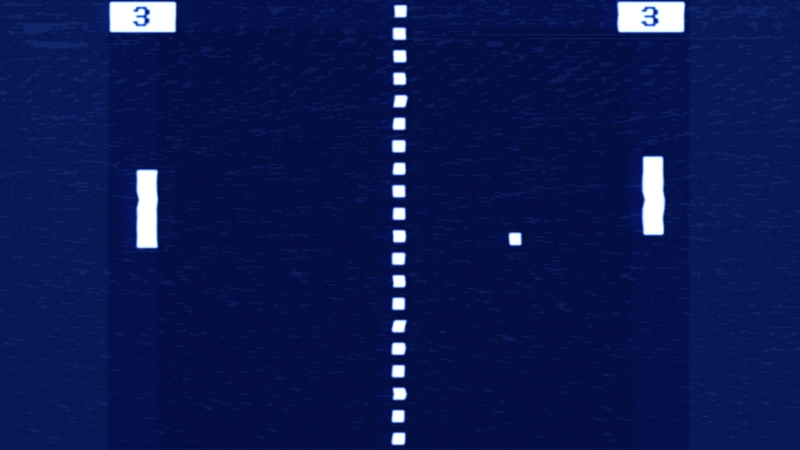Tiny manmade brains made from neurons taken from humans and mice were hooked up to a game of Pong and research scientists claim they learned how to play the game and get better.
“In vitro neural networks from human or rodent origins are integrated with in silico computing via a high-density multielectrode array,” the researchers published in a paper last week.
“hrough electrophysiological stimulation and recording, cultures are embedded in a simulated game-world, mimicking the arcade game “Pong.”
Researchers found the neural cells show well-characterized spontaneous action potentials that develop over time.
“Harnessing the computational power of living neurons to create synthetic biological intelligence (SBI), previously confined to the realm of science fiction, may now be within reach of human innovation,” the researchers said of their project they have dubbed DishBrain.
The research was the first time brain cells successfully operated outside of an organism were able to complete a task. Progress was made in just 5 minutes, researchers claim.
“”Applying implications from the theory of active inference via the free energy principle, we find apparent learning within five minutes of real-time gameplay not observed in control conditions. Further experiments demonstrate the importance of closed-loop structured feedback in eliciting learning over time. Cultures display the ability to self-organize activity in a goal-directed manner in response to sparse sensory information about the consequences of their actions, which we term synthetic biological intelligence. Future applications may provide further insights into the cellular correlates of intelligence,” the paper claimed.
You can read the full paper at Neuron.
